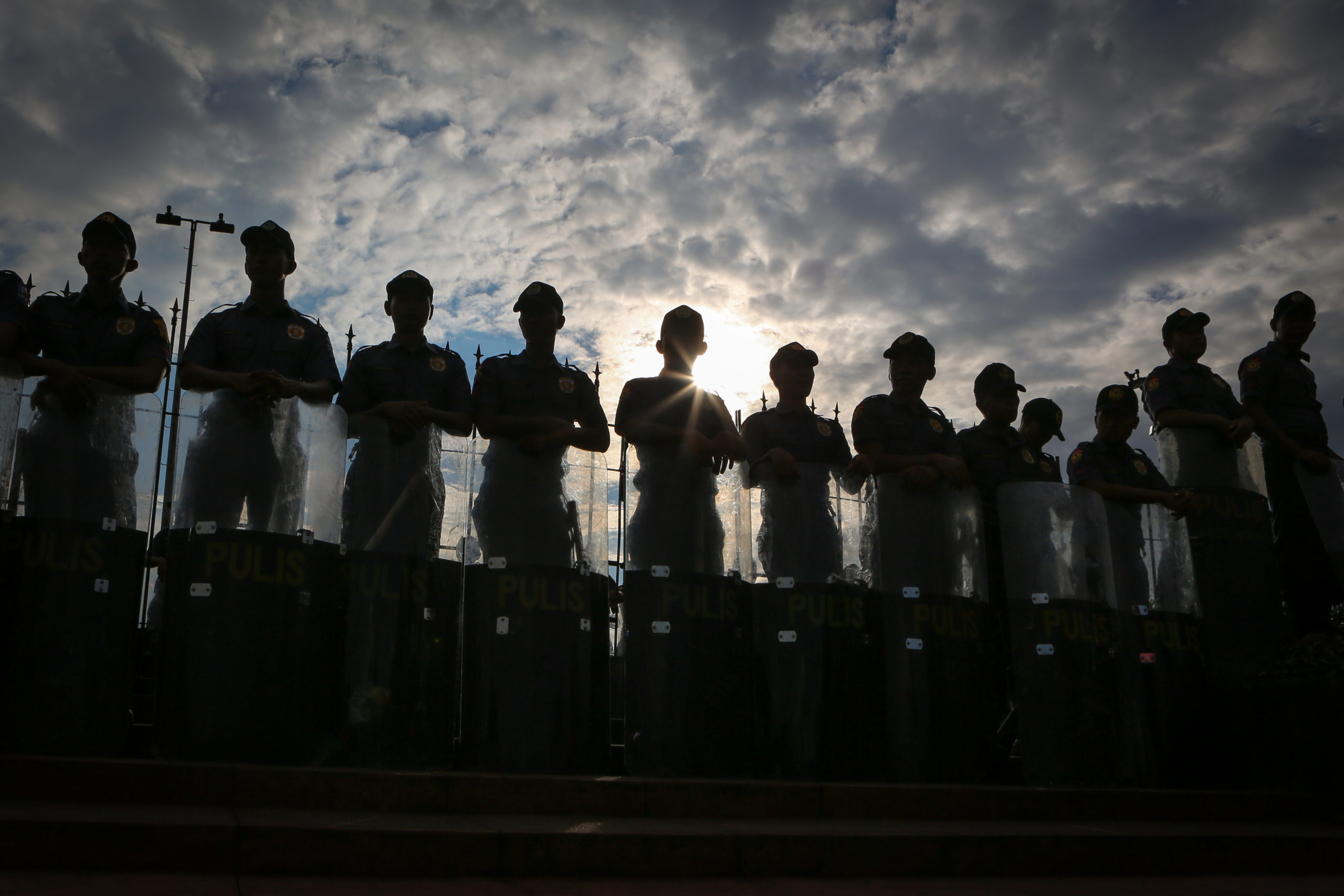26 of the previous 37 petitioners filed another joint motion for partial reconsideration of the highly contested Anti-Terrorism Act before the Supreme Court (SC) on March 2, 2022. The SC dismissed their last petitions on December 7, 2021 and ruled the law only partially unconstitutional.
The petitioners are not only urging the SC to declare the whole anti-terrorism law unconstitutional, but also demand a partial review of specific sections. Such as Section 10, which penalizes those who join a group that’s ‘organized for the purpose of engaging in terrorism’. The provision was too vaguely defined, too broad and therefore unconstitutional. The petition also calls for a review of Section 25, which gives the Anti-Terrorism Council (ATC) the authority to label individuals as “terrorists”. Moreover, the request also concerns Section 29, which allows the detention of those declared as “terrorists” under the law for up to 24 days without an arrest warrant or due process.
Petitioner Tony La Viña urges the SC to also take into account the deadly consequences of the law. La Viña is referring to the recent death of his client Chad Booc. The Lumad teacher was a victim of red-tagging before and had already been unlawfully arrested a year ago. On February 24, 2022, Chad Booc and four others were shot dead in an alleged military operation and clash with communist rebel groups (New People’s Army, NPA). The Communist Party of the Philippines (CPP) denied that the five people were members of the NPA. Commenting on the autopsy, forensic pathologist Dr. Raquel Fortun told the Inquirer: ‘There was an intent to kill. They sustained multiple gunshot wounds and on top of that, it looks like many things are being concealed.’
The Action Network Human Rights – Philippines reports extensively and regularly on developments of the controversial law in Updates on the 2020 Anti-Terrorism Act.

